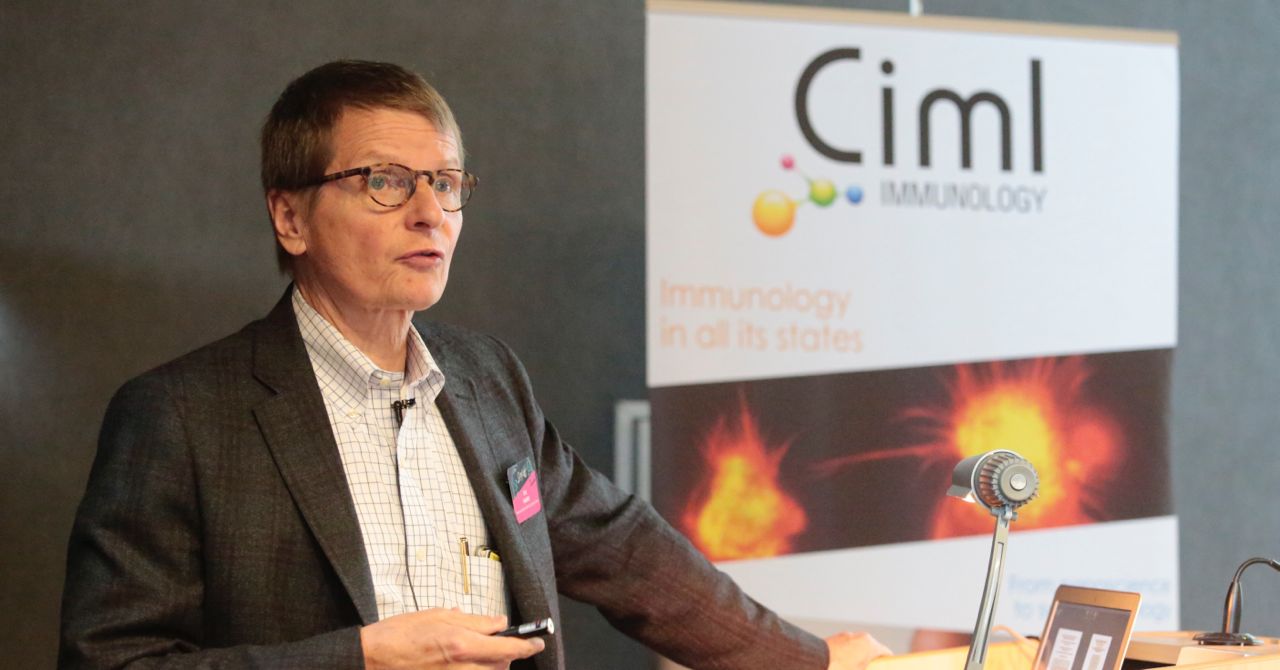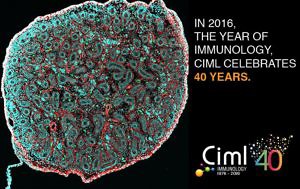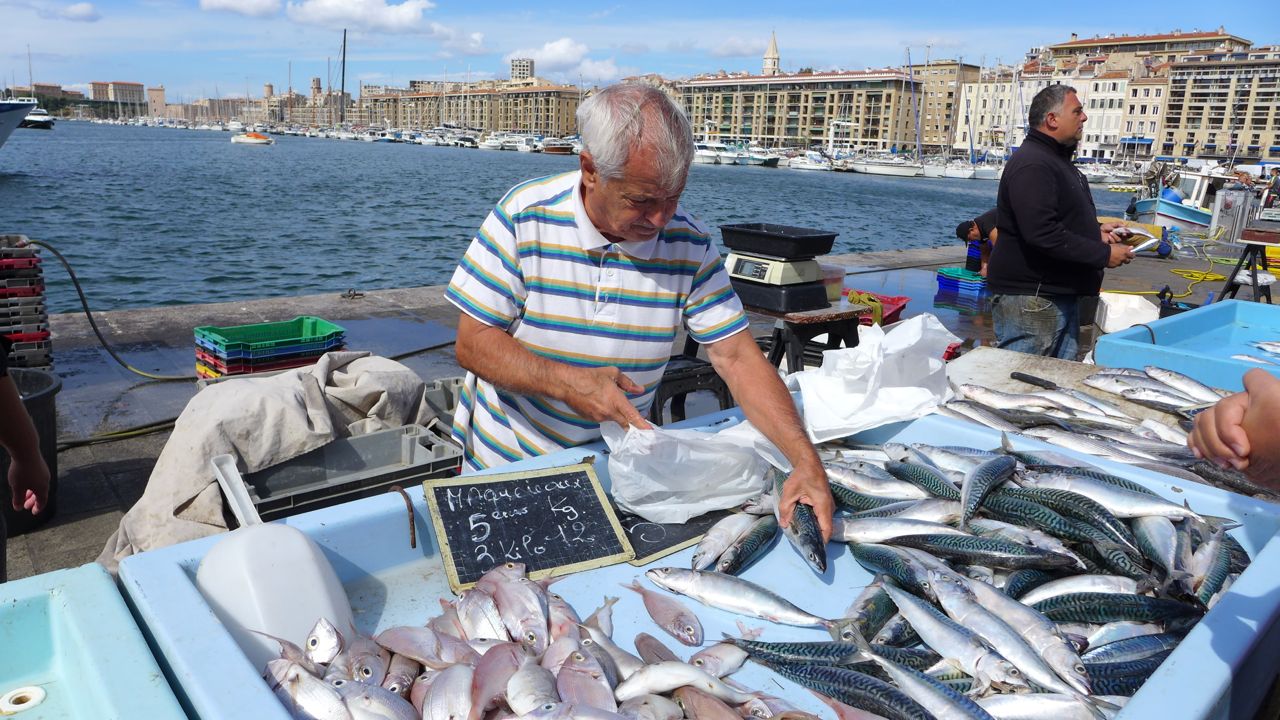Manipulating the Microbiota to Improve Clinical Outcomes. An interview with Eric Pamer
 There is a lot of interest in manipulating the microbiota to improve clinical outcomes – there was a whole session dedicated to it earlier this week at the CRI-CIMT-EATI-AACR international cancer immunotherapy conference in New York.
There is a lot of interest in manipulating the microbiota to improve clinical outcomes – there was a whole session dedicated to it earlier this week at the CRI-CIMT-EATI-AACR international cancer immunotherapy conference in New York.
At the recent scientific meeting to celebrate the 40th anniversary of the Centre d’Immunologie de Marseille-Luminy (CIML40) in the South of France, Dr Eric Pamer spoke about his research into microbiota-mediated defense against intestinal infection.

Photo Credit: ATGC Partners
Dr Pamer is an infectious diseases expert at Memorial Sloan Kettering Cancer in New York, where he runs a laboratory (The Eric Pamer Lab) focused on the role of the microbiota in immune system development and in defense against antibiotic resistant pathogens.
The gazillions of bugs in our gut, collectively the microbiota, interact with the innate immune system.
Researchers have shown that the effectiveness of antibiotics and the type of immune response we generate depends on the type of bacteria and their diversity in our gut.
 Readers may recall the interview we did with Dr Marcel van Brink (@DrMvandenBrink) at the Society for Immunotherapy of Cancer (SITC) 2014 annual meeting, where he talked about his research into how gut bacteria can impact survival post allogeneic bone marrow transplant. See post: Can you reduce Graft Versus Host Disease GvHD by regulating gut bacteria?
Readers may recall the interview we did with Dr Marcel van Brink (@DrMvandenBrink) at the Society for Immunotherapy of Cancer (SITC) 2014 annual meeting, where he talked about his research into how gut bacteria can impact survival post allogeneic bone marrow transplant. See post: Can you reduce Graft Versus Host Disease GvHD by regulating gut bacteria?
Almost a year ago in November 2015, researchers and the pharmaceutical industry were both galvanized by work from Laurence Zitvogel and Tom Gajewski labs, published simultaneously in Science. See post: Gut Bacteria Impact Checkpoint Inhibitor Efficacy.
Not only could the results from mice experiments be influenced by the gut bacteria they had, but the microbiome could also impact the effectiveness of checkpoint inhibitors.
You can listen to Dr Gajewski on Novel Targets Podcast (Episode 9: Targeting the Microbiome) summarize the research from his lab published in Science.
Next year’s European Society for Blood and Marrow Transplantation Congress (#EBMT17) will be held in Marseille.
Given the impact the microbiome has on post-transplant GvHD and survival, I expect we’ll hear more about this at the Congress. Marseille is well worth a visit if the opportunity presents.

In case you missed them do check out our recent posts from the Marseille Immunopôle and #CIML40:
- HalioDx CEO Vincent Fert outlines commercial strategy for Immunoscore in US & Europe
- Why target the Innate Immune System? An interview with Eric Vivier
- Innate Pharma at an Inflexion Point. An interview with CEO Hervé Brailly
- Francois Romagné accelerates Cancer Immunotherapy innovation in Marseille
- Is targeting neoantigens the next frontier in cancer immunotherapy?
In the meantime, our latest expert interview with Dr Pamer covers his wide ranging thoughts on a number of issues, including the impact of the microbiota on the innate and adaptive immune systems and where he sees the field going in the future.
Subscribers can login to read more about his insights or you can purchase access.
This content is restricted to subscribers
